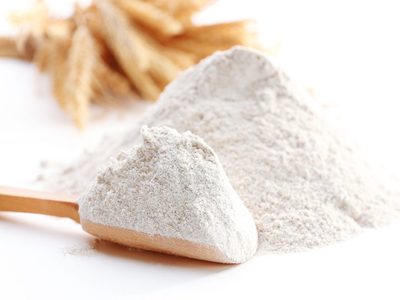SINGAPORE — Net profit at Wilmar Ltd. decreased 50% to $176.8 million for the second quarter ended June 30, down from $351.8 million in the same period of last year. The company attributed the drop in profit to lower crush margin for the quarter as the impact of the African swine fever (ASF) outbreak on soybean meal demand was greater than expected.
Revenue for the quarter decreased by 9% to $9.78 billion from $10.75 million in the same quarter in the previous year. It partially was offset by a 4% increase in sales volume.
The Oilseeds & Grains segment’s pretax profit for the second quarter of 2019 was $59.2 million, down from $290.2 million.
“While crush margins improved from first quarter of 2019, crushing operations in the second quarter continued to be affected by the ASF outbreak,” the company said. “Consumer products maintained its strong performance while rice and flour milling continued to make good progress during the quarter.”
Sales volume for Oilseeds & Grains increased 2% to 8.9 million tonnes.
“Barring any unforeseen circumstances, we expect the margins of our crushing segments and other segments to perform better in the remaining half of the year,” said Kuok Khoon Hong, chairman and chief executive officer of Wilmar.
Tropical Oils pretax profit for the second quarter increased 15% to $177.3 million, up from, $154.9 million in the second quarter of 2018.
“Boosted by stronger performance from the manufacturing and merchandising business, on the back of higher sales volume during the quarter,” the company said. “This was partially offset by lower crude palm oil prices and production yields, which reduced contributions from the plantation business.”
Wilmar also noted its work to establish a stronger footing in China impacts the company as a whole but is a part of its growth plan.
“We have submitted our application to list our China operations on the Shenzhen Stock Exchange,” Hong said. “With the disclosure of our China operations in the prospectus, there is now a better understanding and appreciation of the group’s China operations. In China, the group has more than 300 plants in 62 locations with many top brands and a vast marketing distribution network.
“We believe such an operation is not easily replicated and will cost significantly more to build today. We have built similar operation in many countries, including Indonesia, India, Vietnam and in many African countries. We strongly believe that the operations, when fully mature, will enjoy similar good returns in the future. We will continue to expand our operations in our core businesses as be believe the future of food demand is in Asia and Africa.”
Wilmar’s business activities include oil palm cultivation, oilseed crushing, edible oils refining, sugar milling and refining, manufacturing of consumer products, specialty fats, oleochemicals, biodiesel and fertilizers as well as rice and flour milling. At the core of Wilmar’s strategy is an integrated agribusiness model that encompasses the entire value chain of the agricultural commodity business, from cultivation, processing, merchandising to manufacturing of a wide range of branded agricultural products. It has more than 500 manufacturing plants and an extensive distribution network covering China, India, Indonesia and some 50 other countries. The group has a multinational workforce of about 90,000 people.





